detail profile jacques doillon
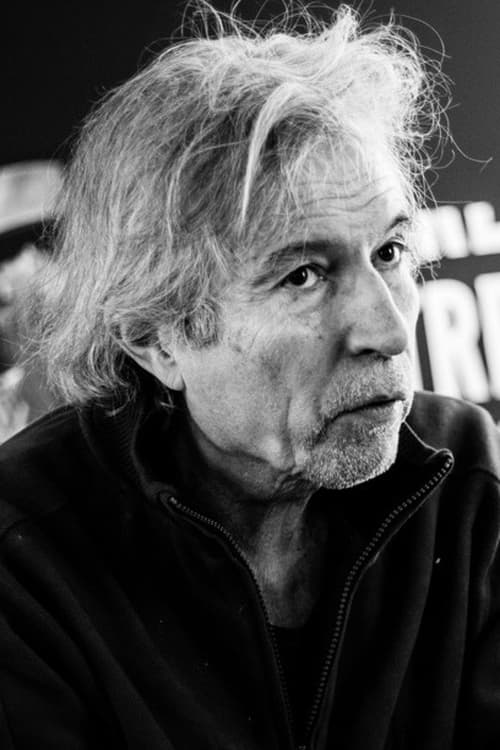
Riwayat Hidup
Jacques Doillon (born 15 March 1944 in Paris, France) is a French film director.
He has a habit of giving lead roles to inexperienced young actresses in his films on family life and women.
Some actresses to break through are Fanny Bastien, Sandrine Bonnaire, Judith Godrèche, Marianne Denicourt and Charlotte Gainsbourg and Juliette Binoche.
His 1990 film La vengeance d'une femme was entered into the 40th Berlin International Film Festival.
The following year, his film Le Petit Criminel won an Honourable Mention at the 41st Berlin International Film Festival.
In 1993, his film Le Jeune Werther won the Blue Angel Award at the 43rd Berlin International Film Festival.
Description above from the Wikipedia article Jacques Doillon, licensed under CC-BY-SA, full list of contributors on Wikipedia.
Info Pribadi
Peran Yang Di Mainkan Jacques Doillon
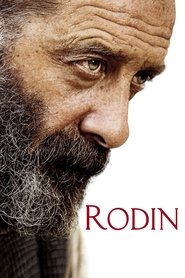 Auguste Rodin 18401917 man of the people...
Auguste Rodin 18401917 man of the people...Rodin 2017
Auguste Rodin (1840-1917), man of the people, autodidact and revolutionary sculptor - the most brilliant of his era. At 42, Rodin meets Camille Claudel, a young woman desperate to become his assistant. He quickly acknowledges her as his most able pupil, and treats her as an equal in matters of creation.
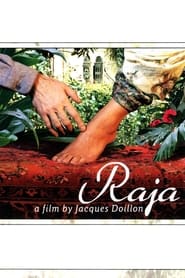 Raja is a nineteen year old...
Raja is a nineteen year old...Raja 2003
Raja is a nineteen year old orphan literally and figuratively scarred by life. Fred is an emotionally bankrupt westerner living amid his plush gardens and palm trees. Set against the backdrop of contemporary Marrakech, Raja is a cross-cultural drama about a wealthy middle-aged Frenchman's complex relationship with this poor local girl. Fred's attempts to seduce Raja, and their mutual attempts at manipulation, are fractured by their gross disparity of income, age and cultural sophistication.
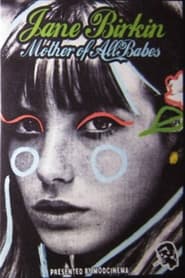 A documentary directed by Birkins friend...
A documentary directed by Birkins friend...Jane Birkin... Mother of All Babes 2003
A documentary directed by Birkin's friend, who produced the Birkin's Arabesque concert at the Odeon in Paris as well as published a book of photos of Birkin.
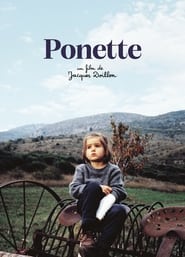 After losing her mother in a...
After losing her mother in a...Ponette 1996
After losing her mother in a car accident that leaves her with a broken arm, 4-year-old Ponette struggles with anguish and fear. Left by her father with a caring aunt and her children, Ponette grieves, secretly hoping her mother will somehow come back. Confused by the religious explanations provided by adults, and challenged by the cruel taunts of a few children at school, little Ponette must make her way through her emotional turmoil.
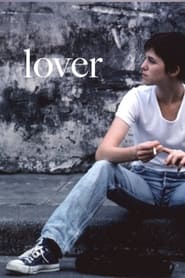 Marie lives with Antoine but while...
Marie lives with Antoine but while...Lover 1992
Marie lives with Antoine, but while he is away she meets Paul, a filmmaker visiting from Canada. Paul is instantly smitten and wants her to marry him. She puts him off by saying that she and Antoine have decided to have a baby. When Antoine returns, he becomes vividly jealous of his girlfriend's chaste encounter, which provokes her into having an affair with Paul.
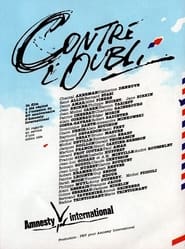 Contre lOubli Against Oblivion is a...
Contre lOubli Against Oblivion is a...Against Oblivion 1991
Contre l'Oubli (Against Oblivion) is a compilation of 30 French filmmakers, Alain Resnais and Jean Luc Godard among them, who use film to make a plea on behalf of a political prisoner. Jean Luc Godard and Anne Marie Mieville's film concerns the plight of Thomas Wanggai, West Papuan activist who has since died in prison. The short films were commissioned by Amnesty International.
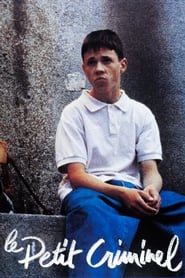 Marc a troubled teenager is bored...
Marc a troubled teenager is bored...The Little Gangster 1990
Marc, a troubled teenager, is bored in his native, depressing city of Sete. One day, a simple phone call makes him aware of the existence of Stephanie, a sister he has never met. Armed with a pistol his mother found, he goes out to find her. He steals money from a perfume shop, and is then stopped by a policeman who wants to search him. In the car, Marc threatens the policeman with his gun, demanding that he helps him find his sister...
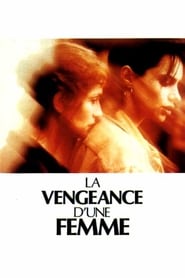 Suzy a beautiful woman is coming...
Suzy a beautiful woman is coming...A Woman's Revenge 1990
Suzy, a beautiful woman, is coming back to Paris to attend the funeral of her lover, a married man. Cecile, his wife, is holding Suzy responsible for his suicide. By finding Suzy in Paris, Cecile is trying to seek the truth by playing a psychological game on her.
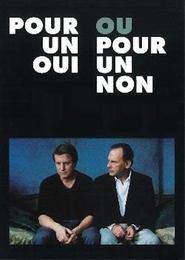 Two childhood friends who have not...
Two childhood friends who have not...Pour un oui ou pour un non 1989
Two childhood friends who have not seen each other for a long time decide to meet again. They talk and look for what could have caused their estrangement: words pronounced in a certain way, an intonation etc. Very quickly, an argument begins and turns into a settlement of accounts.
 Willy a middleaged divorcee decides to...
Willy a middleaged divorcee decides to...The 15 Year Old Girl 1989
Willy, a middle-aged divorcee, decides to take his 15 year-old son, Thomas, on holiday to Ibiza, staying at an isolated villa on the unspoilt part of the coast. Thomas insists on bringing his friend Juliette, a girl of his own age with whom he enjoys a close platonic relationship. When it comes to physical love, Juliette is wise beyond her years. She will only sleep with men older than herself and has no intention of committing herself to a long-term relationship.
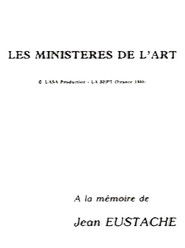 Philippe Garrels documentary on Frances second...
Philippe Garrels documentary on Frances second...The Ministries of Art 1989
Philippe Garrel’s documentary on France’s second wave of masterful filmmakers. Featuring Jean Eustache, Chantal Akerman, André Téchiné, Leos Carax, Jacques Doillon and Benoit Jacquot.
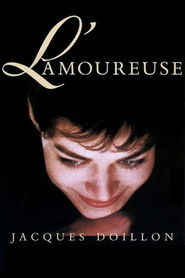 A gaggle of young women gather...
A gaggle of young women gather...Women in Love 1987
A gaggle of young women gather at the seaside to celebrate their friend's birthday and help mend her recently broken heart. As the women confide in each other and trade thoughts on love, a young American man catches their attention, and they begin to engage in a series of games.
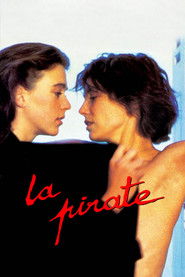 Shortly after returning home one evening...
Shortly after returning home one evening...La Pirate 1984
Shortly after returning home one evening with her husband, Alma is visited by her one-time lesbian lover Carole. In the ensuing emotional torrent, Alma allows herself to be abducted by Carole and taken to a hotel, pursued by a young girl - an unnamed friend of Carole - and an eccentric bystander posing as a private detective. Before Alma and Carole can resolve their situation, Alma's husband Andrew appears on the scene and, in a mad frenzy, attempts to reclaim his wife…
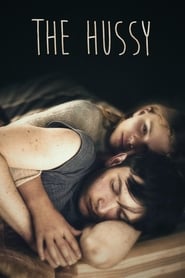 Twentyyear old misfit Franois earns his...
Twentyyear old misfit Franois earns his...The Hussy 1979
Twenty-year old misfit François earns his living by gathering boxes and bottles to resell to local shopkeepers. He lives with his grossly insensitive mother and stepfather. Mado is a gawky 11-year old, who is neglected by her family because of the oddness of the way she expresses her affection. For reasons which never become clear, François kidnaps Mado, and takes her to live with him in the attic of his parents' home. Instead of feeling fear, Mado enters into the spirit of the abduction, and they joust with one another, increasingly finding love and comfort in their relationship. When the police come upon them, however, they put an entirely different interpretation on their behavior.
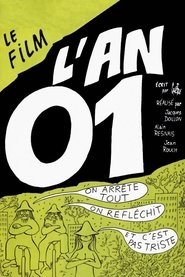 The film narrates a utopian abandonment...
The film narrates a utopian abandonment...The Year 01 1973
The film narrates a utopian abandonment, consensual and festive of the market economy and high productivity. The population decides on a number of resolutions beginning with "We stop everything" and the second "After a total downtime will be revived-reluctantly-that the services and products including lack will prove intolerable. Probably: water to drink, electricity for reading at night, the TSF to say "This is not the end of the world, this is an 01, and now a page of Celestial Mechanics". The implementation of these resolutions is the first day of a new era, Year 01. The Year 01 is emblematic of the challenge of the 1970s and covers such diverse topics as ecology, negation of authority, free love, communal living, rejection of private property and labor.
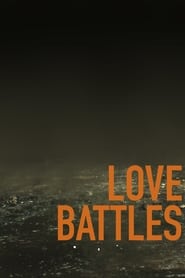 A couples verbal sparring intensifies with...
A couples verbal sparring intensifies with...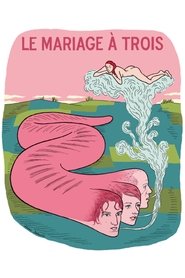 When a famous playwright invites the...
When a famous playwright invites the...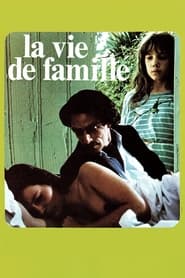 Every Saturday to the great despair...
Every Saturday to the great despair...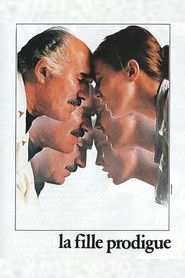 A young woman in a deep...
A young woman in a deep... Set in Paris 1941 two Jewish boys...
Set in Paris 1941 two Jewish boys...